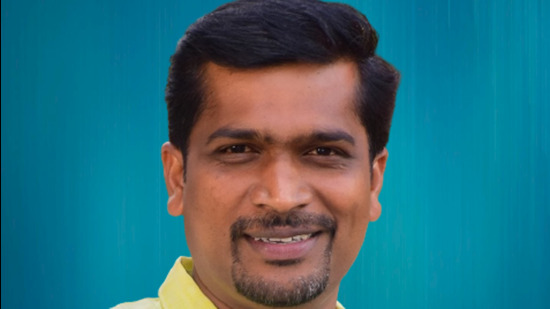Observing rituals of a religion doesn’t mean professing it: SC restores election of MLA
The three-judge bench of justices AS Oka, Ahsanuddin Amanullah and AG Masih on Tuesday set aside the HC order, concluding that the CPI(M) leader was a member of the Hindu Parayan caste.
A person observing or performing rituals of a particular religion does not mean they “profess” that faith, the Supreme Court ruled on Tuesday, as it restored the membership of a Kerala CPI(M) legislator whose election from a Scheduled Caste constituency was questioned.

A Raja, who was elected as an MLA from the Devikulam constituency in 2021, challenged the March 2023 order of the Kerala high court setting aside his election. Congress leader D Kumar –– who finished second in the election –– had challenged Raja’s victory, saying he was not entitled to contest from a reserved constituency on the grounds that he was baptised into the Christian faith by his parents when he was a minor.
The three-judge bench of justices AS Oka, Ahsanuddin Amanullah and AG Masih on Tuesday set aside the HC order, concluding that the CPI(M) leader was a member of the Hindu Parayan caste.
The apex court held that in an election petition, the validity of the caste certificate issued to Raja cannot be gone into as a challenge to the same is maintainable only under the statute governing issuance of such a certificate.
“Mere observance/performance of a ritual of/associated with any religion does not ipso facto and necessarily mean that the person ‘professes’ that religion. That is why the term used in the 1950 Presidential Order is ‘professes’, signifying that a person although born in a particular religion can profess another religion, inter alia, by practising the rituals of that other religion as the basic tenets of his beliefs and lifestyle,” the bench said in its order.
The top court restored Raja’s membership with all consequential benefits as it discarded all the evidence put up by Congress leaded Kumar to be vague and unreliable.
“The production of some photographs or some rituals which may have been performed by the appellant, nay, even assuming they were actually performed by the appellant, at the cost of repetition, can, in no manner, take the place of evidence, especially when matters of the like herein are being considered by the courts,” the court observed.






